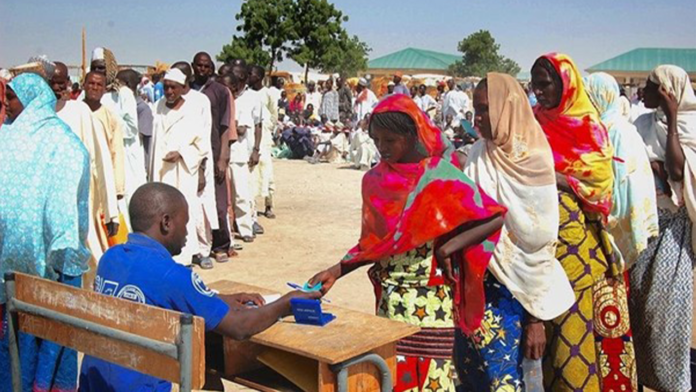Fuel price hike may cause malnutrition, experts warn
Experts have said that malnutrition could occur in some Nigerians due to the increased cost of living for many households.
Experts have said that malnutrition could occur in some Nigerians due to the increased cost of living for many households.
© 2024 Daily Patriot Nigeria. All Rights Reserved.


